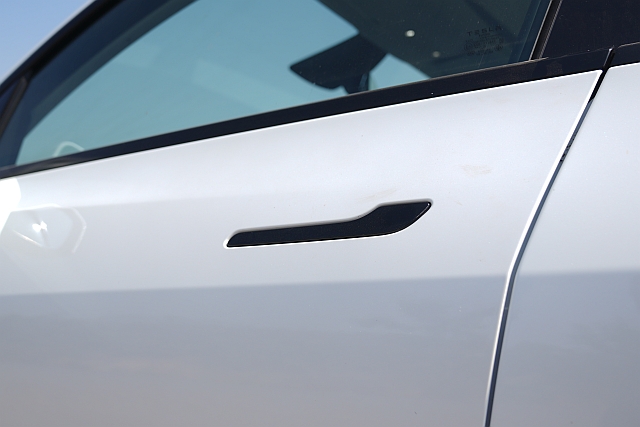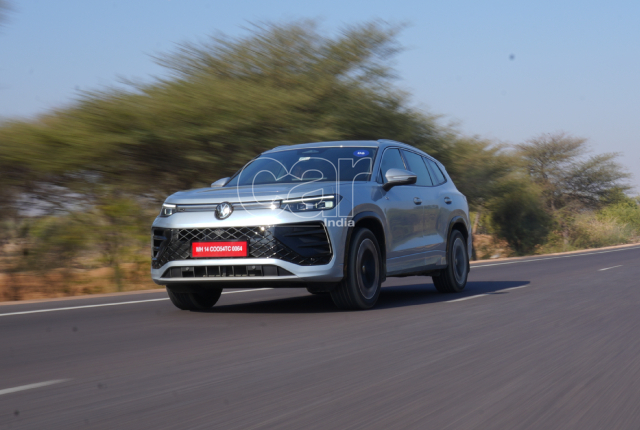THE LONG-AWAITED
GST Bill has finally been passed by the Parliament. As to what this holds for the end-user is still not clear, but it will definitely help the manufacturers; because it will simplify the tax structure and, therefore, doing business will become that much easier. The price of cars may come down but will they levy a uniform tax on all the cars or will there be a di
fferent rate for sub-fourmetre cars and a higher rate for the big ones? That remains a moot question. One of the biggest problems is the road tax levied by the state governments and this makes a lot of difference to the on-road price of a car from state to state.
A new Bill has also been passed for the imposition of higher fines for tra ffic offences. However, when will the authorities centralise the car registration process? Will we ever see the day when one can drive a car anywhere in the country without having to re-register it when one moves from one state to another? Uniformity in this process will reduce a lot of heartburn for car-owners and also help in curbing corruption. The government says, ‘one country, one tax’. By the same token, the vehicle registration process should also be centralised. Incidentally, this will also help the police track down the owner of a car anywhere in the country irrespective of the state where it is originally registered.
The government says, ‘one country, one tax’. By the same token, the vehicle registration process should also be centralised
The argument by the state governments will be that they will lose out on the road tax. A solution to this could be the charge of a one-time registration fee and inclusion of the road tax in the price of fuel. By doing so the owner of a big car will be required to pay more compared to that of a small and fuel-e icient car. It will also mean that you pay for the maintenance of the roads you use.
EDITOR – ASPI BHATHENA





















Leave a Reply